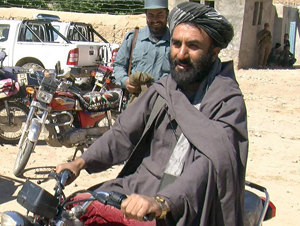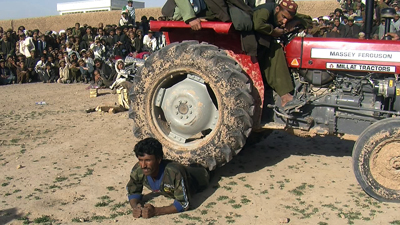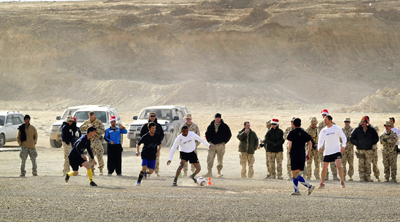Ahmad Omaid Khpalwak covered violent news. His last two stories for Pajhwok Afghan News, before he died on July 28 in a major attack in Tarin Kot, capital of Uruzgan province, were about an attack on police checkpoints in which both Taliban and police were killed, and an interview with a would-be suicide bomber. Few of his 24 years of life saw any kind of peace in Afghanistan.
Although there are now nearly 7,000 journalists and media workers in Afghanistan, it is still very difficult to find, train, and then retain independent reporters outside of major cities. It’s dangerous, hard work with few resources, and the pay is not great, which is why so many of them string for several outlets.

Not only that, but these reporters face the particular pressures of working in communities where everyone knows everyone, where access to reliable information is very limited, and where family relations can complicate professional duties.
At Pajhwok Afghan News, the first independent Afghan news agency, we have been working for several years to upgrade reporting skills and equip and train the staff to shoot video as well as better photos. Naturally, this additional set of demands is especially hard on the regional reporters, who are already hampered by so many limitations.
Khpalwak was one of the Pajhwok reporters who came from Uruzgan, where he lived and worked, to Kabul for this occasional training, and he took to all of it with enthusiasm. He contributed a steady feed of photos and videos to the agency as well as a full gamut of stories, from breaking news to features.
But he covered more than just war and instability. Following Pajhwok’s mission, Khpalwak also tried to capture a fuller picture of Afghan life–the slow progress of reconstruction, girls attending school, peaceful gatherings to discuss problems, and even local amusements, as in the photo below of a man withstanding the weight of a tractor on top of him.

In the photos he shot in recent months, we can see Uruzgan through his eyes and also witness how he engaged with those he photographed and reported on. Ordinary Afghans, as well as officials, felt comfortable with him. They spoke freely with him. He was part of their lives, and they were part of his.
Khpalwak leaves behind a 1-month-old daughter, but he was also precious to people who did not even know him. His death is, as Pajhwok Director Danish Karokhel said, a loss for the citizens of Uruzgan and for media freedom in Afghanistan.
